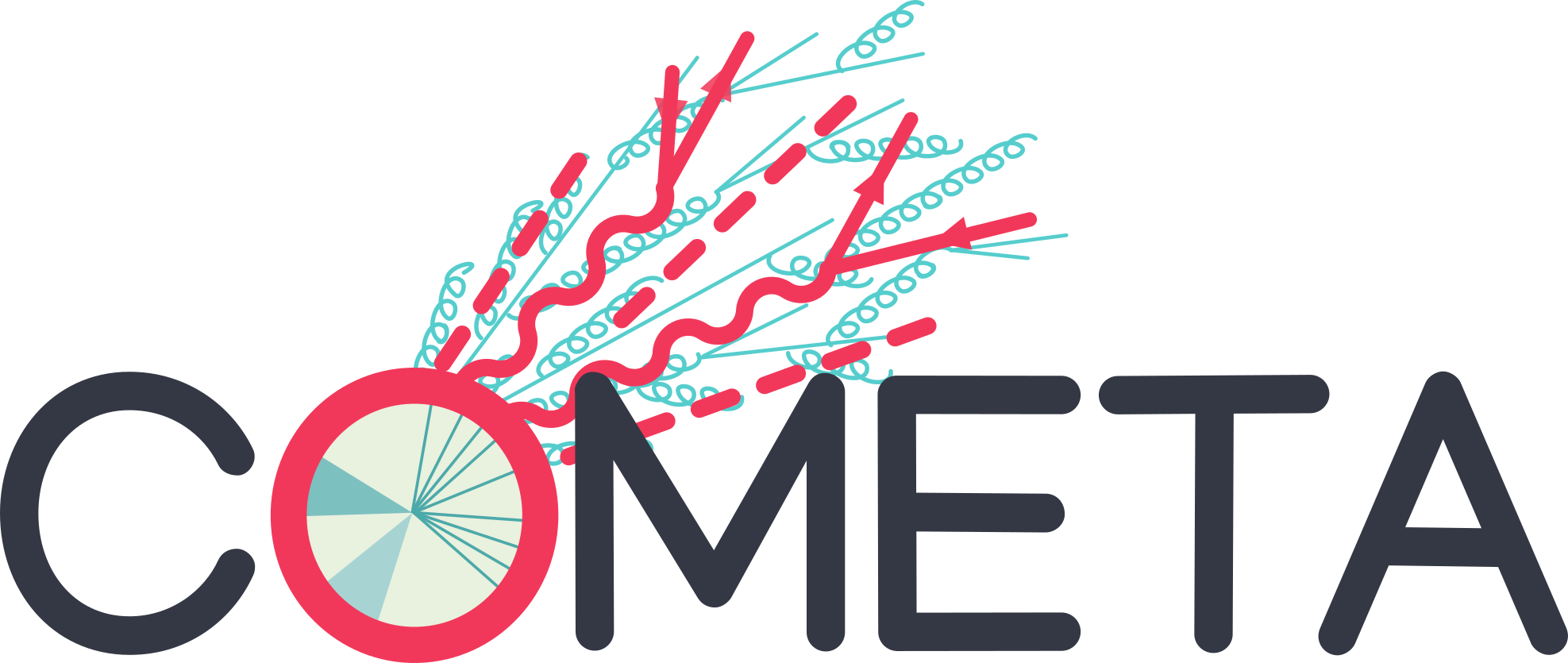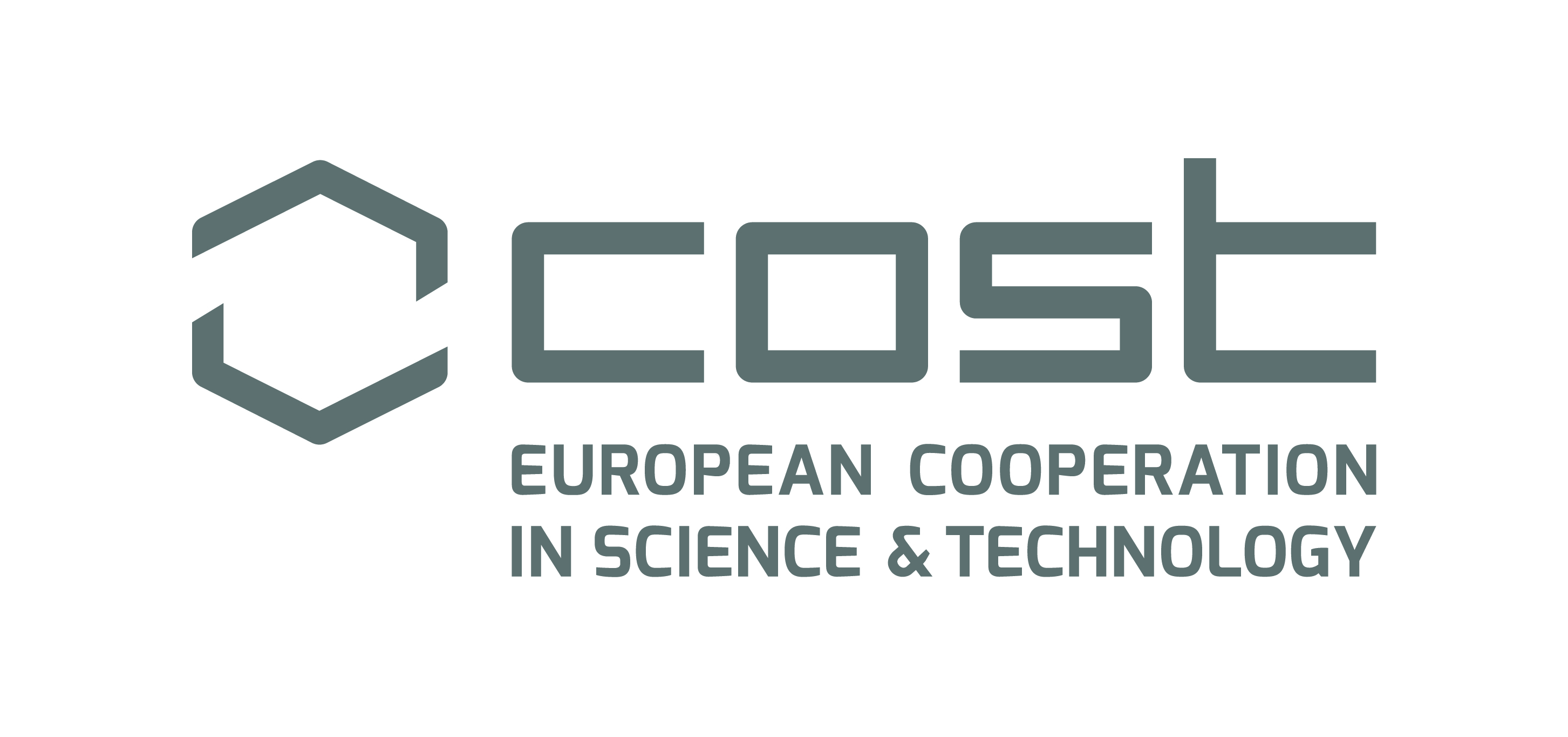COMETA Colloquium: Aishik Ghosh
→
Europe/Zurich
Description
| Zoom room: https://cern.zoom.us/j/63628931616?pwd=YnlaRzlQck84b2szN2lPUlVqOGoxZz09 |
This event is organised by the COMETA COST Action, a EU-funded networking initiative that promotes knowledge sharing and cooperation across the theory, experiment, and ML communities, with the aim of improving the measurement and interpretation of multiboson processes at the LHC.
Find recordings of all COMETA Colloquia on our youtube channel @multibosons!
🔔 |
If you are not a member of COMETA but you would like to receive news and annoucements about this Colloquia series, subscribe to the cometa-colloquia e-Group |
| To join COMETA apply at www.cost.eu/actions/CA22130/ | |
💬 |
For any issues or requests, contact the organizers at cometa-colloquia-org@cern.ch |

